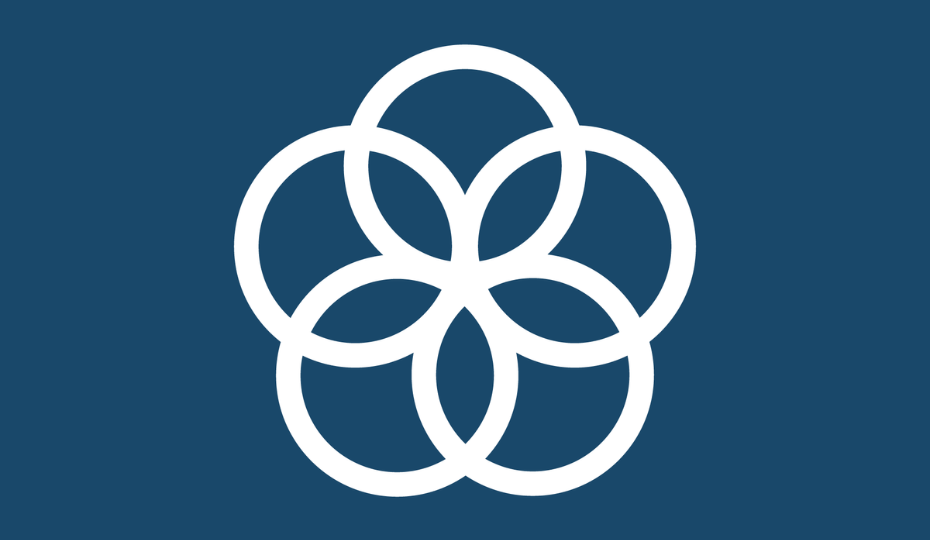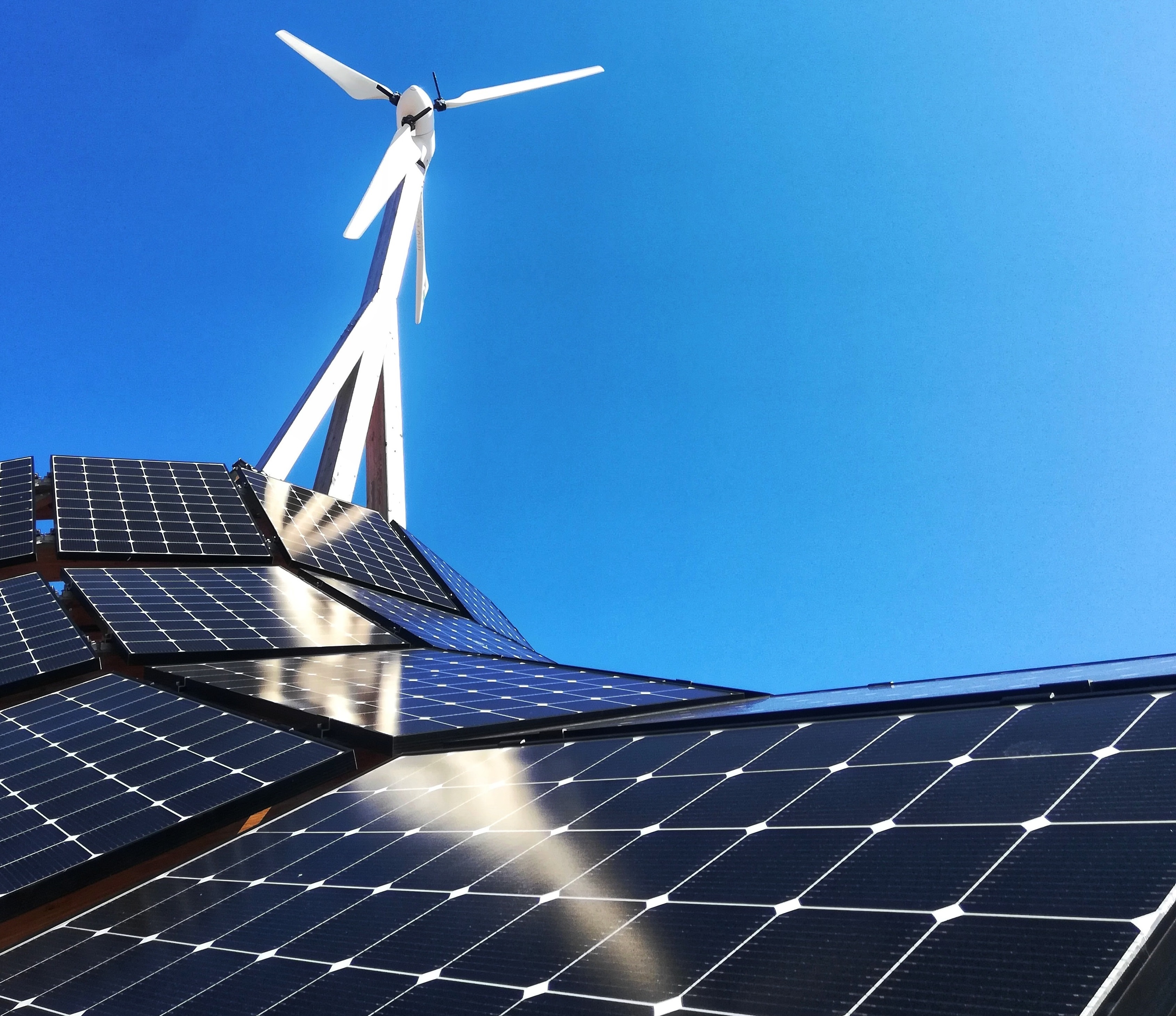Examples of our actions towards SDG 17 Partnerships for the Goals
We have mapped the SDGs onto our research, teaching, wider student experience & global activities. We use this information to assess our impact, identify gaps and consider where to focus efforts to deliver an environmentally, socially and economically sustainable institution. Read our Annual Report
Research
Wider Student Experience
Global
Local and Regional
Governance and Policy
University and industry renewable energy partnership
A project to improve wind turbine technology that involves researchers at Durham University has been shortlisted for a global sustainability award. The partnership, specifically aims to support research into real-life issues identified by industrial partners.
More examples of our work towards SDG17
Relationships with regional NGOs and government for SDG policy
SDG 17 Partnerships for the Goals
How Durham University evaluates students’ ability to learn and retain key concepts of sustainability (measure sustainability literacy of our students):
Durham University measures sustainability literacy through a combination of curriculum integration, participation tracking, and engagement assessment. Environmental sustainability is embedded across most degree programmes, and all staff and students are encouraged to complete an online Environmental Sustainability training module, which helps evaluate awareness and understanding of sustainability concepts.
Progress in sustainability literacy is further assessed through the University’s Engagement and Communications Strategy and Action Plan, which provides baseline (2019) and updated data to track engagement and learning outcomes among students and staff.
Students’ understanding is also monitored through participation in sustainability initiatives, such as the Greenspace Calendar, student-led projects funded through the Ringfenced Carbon Budget, and involvement in university committees like the Environmental Sustainability Strategic Planning Group and SDG Group, where students contribute to real-world sustainability decisions.
These mechanisms collectively ensure Durham evaluates and enhances students’ capacity to learn, apply, and retain sustainability knowledge across academic and practical settings.
Durham University – Dedicated Educational and Outreach Activities for the wider community Supporting the UN Sustainable Development Goals
Durham University is committed to contributing to the UN Sustainable Development Goals (SDGs) through education, research, and meaningful engagement with local and global communities. Across the University, a wide range of outreach programmes and partnerships extend learning opportunities and social impact well beyond the campus; supporting schools, local residents, alumni, and displaced or refugee communities. Through education, research, and meaningful partnerships, Durham University is promoting sustainability, social responsibility, and opportunities for lifelong learning. Below some examples of our work:
Educational and Community Outreach
Durham’s outreach and civic engagement programmes offer opportunities for schools, families, and lifelong learners to engage with University research and expertise.
The University works closely with partners across County Durham and the North East to deliver workshops, volunteering initiatives, and community events that promote education, sustainability, and inclusion.
- Outreach, Civic and Regional Engagement – interactive programmes, school partnerships, and volunteering opportunities connecting the University with local communities.
- ECO2 Smart Schools / ECO2 Conference of Partners 29 (COP29) Schools Climate Conference – a county-wide collaboration with local authorities and schools to raise awareness of energy efficiency and climate action, engaging pupils and teachers in SDG-focused learning and sustainability practices.
- Durham for Refugees – Through our Durham University Student Volunteering and Outreach (DUSVO) a student-led initiative and in collaboration with Durham City of Sanctuary providing educational and social support for refugee and asylum-seeker families in County Durham, including a weekly Kids’ Club focused on learning and community integration.
Learning for All
Durham offers a wide range of opportunities for the public to learn, engage, and explore new ideas through lectures, courses, and activities designed for wider community participation, including alumni and local residents.
- Learn – Durham University – explore courses, events, and lectures open to everyone, from cultural activities to lifelong learning opportunities.
Global Citizenship and Climate Engagement
Durham University hosts and supports a number of events that foster dialogue on sustainability, global responsibility, and climate action, connecting researchers, students, policymakers, and the wider public.
- COP Debrief at Durham Castle (2024) – a public event led by the Centre for Sustainable Development Law and Policy, reflecting on outcomes from COP discussions and exploring pathways toward local and global sustainability action.
Alumni and Volunteering Engagement
Alumni engagement / volunteering — Durham’s alumni network plays an active role in supporting the University’s outreach and educational goals. Through mentoring, volunteering, and community initiatives, alumni help strengthen connections between the University and society.


/prod01/prodbucket01/media/durham-university/about-us/environmental-social-and-economic-sustainability/Environment-Banner.png)






